Plenty of budget remedies offered as Liberals prepare prescription for ailing economy: Chris Hall
You know a budget is coming soon when friends and foes offer government their unsolicited advice
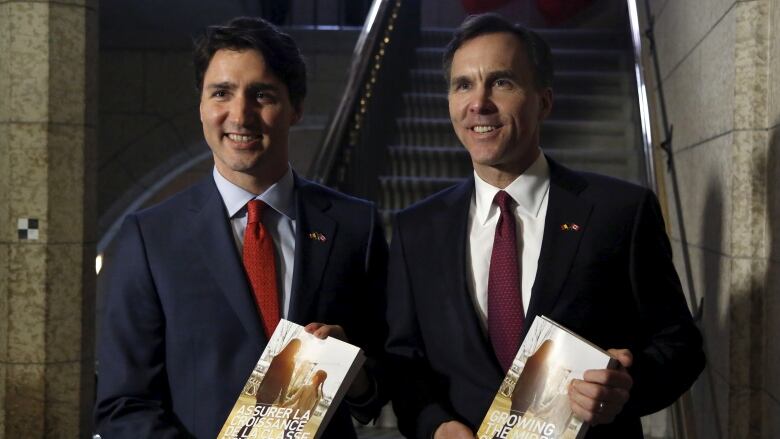
It's that time of year again when everyone connected with politics starts looking at what could be, or more precisely, what should be in the federal budget.
It's the Ottawa equivalent of sharing home remedies for the common cold. There's no shortage of advice on the best way to treat whatever ails the Canadian economy.
More spending on infrastructure! Drop the proposed price on carbon! Impose new or more user fees! Raise the minimum wage! Incentives for key industries!
This year isno different. The chatter's underway even though Finance Minister Bill Morneau hasn't confirmed when he plans to table his second effort at directing the country's fiscal policies. It could be as early as the first week of March;it could just as easily be the end of the month.
'Paying more and getting less'
The Conservatives certainly aren't waiting for the date to be announced. This week, interim Leader Rona Ambrose led the Official Opposition's efforts to argue the Liberals, far from helping the middle class as promised in the 2015 campaign, are actually hurting them.
"Canadians are paying more and getting less," she said during question period Wednesday. "The Liberals are hiking taxes and adding debt. And for what? Canadians were promised a stronger economy and better jobs, but a lot of the jobs created are not better. Only one in five jobs created have been full time."
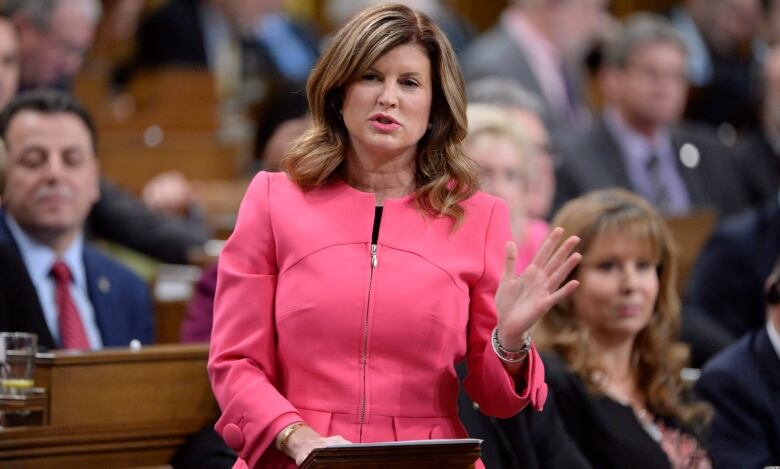
The prime minister, not surprisingly, insisted everything his government does is with the best interests of the middle class in mind.
"We lowered taxes on the middle class by raising them on the wealthiest one per cent," Justin Trudeau said. "We brought in the Canadian child benefit that gives more money to nine out of 10 Canadian families, which will help them with the costs of groceries, school supplies and raising their kids."
We'll see more of these kinds of exchanges in the days ahead as each party jockeys for public attention. The Conservatives believe the Liberals will raise taxes on capital gains, 50 per cent of which must currentlybe included in an individual's taxable income. The NDP still wants to close a loophole that allows corporate executives to avoid taxes on stock options.
Decades of deficits
The Liberals, by virtue of being in government, keep pointing to what they've already done.
But beyond the political posturing are some harsh fiscal realities, particularly the fact the country's finances are in worse shape now than even a few months ago.
The Finance Department released a forecast before Christmas that conceded the government, as of now, will run deficits until sometime mid-century.
Many economistsbelieve the election of Donald Trump, with his "America First" agenda, could have an impact on our balance of trade with the United States.
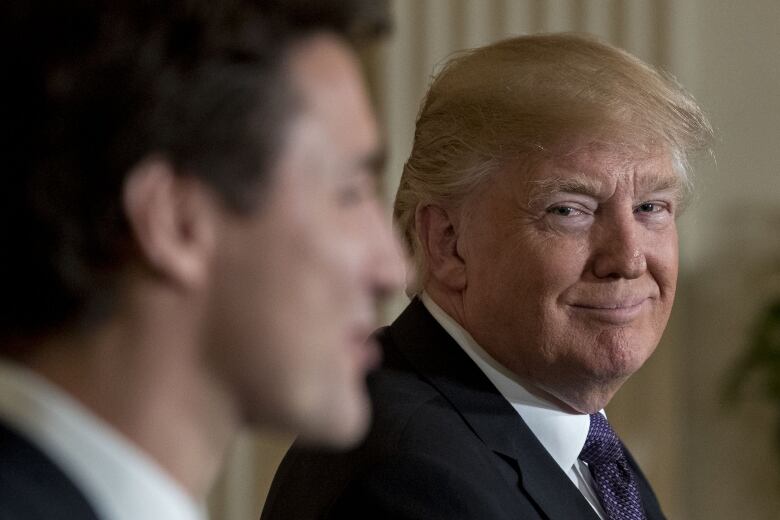
There are also concerns that if Trump follows through on his stated plans to slash corporate tax rates it could draw future investments away from Canadaand make this country less competitive vis-a-vis U.S. companies.
Kevin Page, a former parliamentary budget officer who heads the Institute of Fiscal Studies and Democracy, wrote this week that the Trudeau Liberals need a "policy reset" to addressthe deteriorating fiscal situation.
"Some of this deterioration comes from the moribund economic environment. Some of this deterioration is a policy choice a strategy to boost a sagging economy with the nation's fiscal credit card. Either way, program spending and debt are way up."
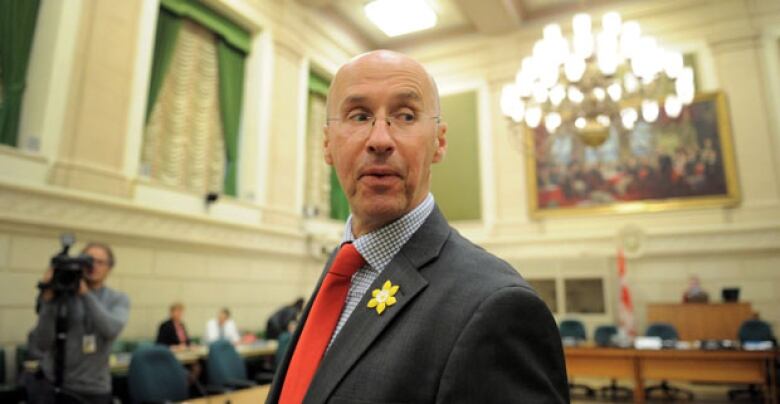
The question facing Morneau is how to respond. He could follow through, as Page suggests, with a strategy to boost innovation and skills a key recommendation put forth last month by the finance minister's own economic advisory council.
Others believe the government has to look at ways to increase revenues.
No easy target
One possible route is to reduce what's known as tax expenditures or tax credits by, for example, taxing health and dental benefits paid by employers or removing the tax credit given to Canadians over the age of 65.
Trudeau publicly ruled out taxing health and dental benefits.
But if his government is indeed looking for new sources of revenue, there's no easy target, says Janice MacKinnon, a former provincial finance minister who teaches public policy at the University of Saskatchewan.
"I think this is the most politically dangerous ground that they've been on," she says in this week's edition of The House podcast.
"For one, it's hard to remove tax credits without hitting the middle class whose taxes you promised to reduce."
- Canada could rack up $1.5 trillion in debt by 2051
- NAFTA architect on how Trudeau should respond to Trump win
The same concern exists with increasing the percentage of capital gains that are taxable on, forexample, the sale of shares people hold in publicly traded companies.
MacKinnon says the best option may be to do very little in this budget beyond following through on the innovation agenda and waiting for the infrastructure money announced in last year's budget to finally flow, with all the jobs that spending will create.
For his part, the prime minister doesn't appear to be willing to wait. In a speech he gave last weekend to a black-tie audience in Hamburg, Germany, Trudeau re-stated his vision of an activist agenda.
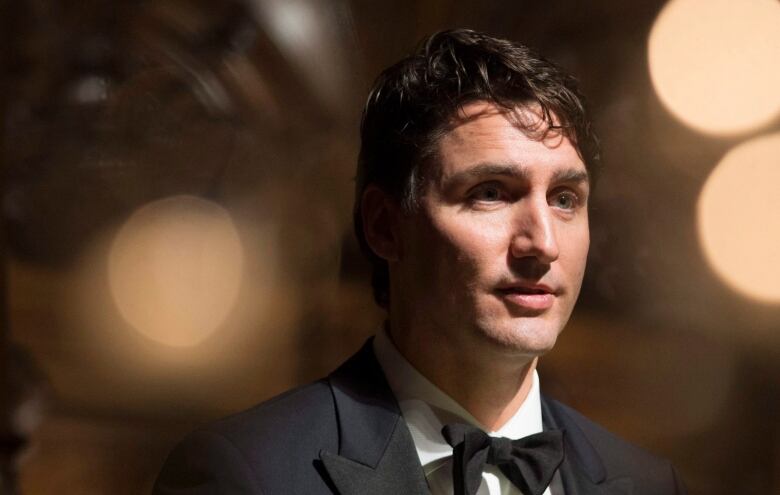
Some of the more interesting snippets have been dissected: that taxpayers aren't seeing the rewards of big corporate profits through more full-time jobs and higher wages, and that governments too often seem to be serving special interests instead of those of the ordinary citizen.
"Whether you're a business or a government, it's time to realize that this anger and anxiety we see washing over the world is coming from a very real place," he said. "And it's not going away."
It's an interesting diagnosis. Canadians will have to wait for the budget to see what remedy Trudeau's Liberals have in mind to treat what ails the Canadian economy.












_(720p).jpg)


 OFFICIAL HD MUSIC VIDEO.jpg)
.jpg)



























































































